Blog Posts Tagged Heat Transfer Module
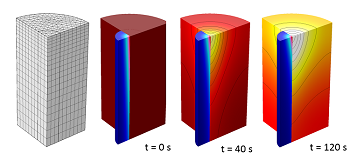
Modeling Laser-Material Interactions with the Beer-Lambert Law
Did you know that you can use the Beer–Lambert law to model laser–material interactions in COMSOL Multiphysics®? Learn how here.
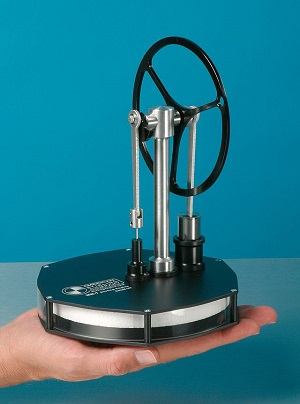
How Can I Build an Efficient Stirling Heat Pump?
Did you know that heat pumps are also called Stirling engines? These systems can operate on incredibly low temperature differences — some only need human body heat to work!
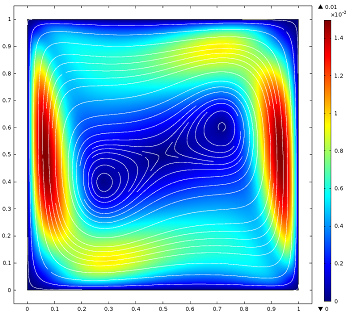
Using the Boussinesq Approximation for Natural Convection
Today, we compare the Boussinesq approximation to the full Navier-Stokes equations for a natural convection problem. We also show you how to implement the Boussinesq approximation in COMSOL Multiphysics software and discuss potential benefits of doing so.
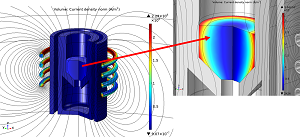
Tips and Tricks for Modeling Induction Furnaces
A guest blogger from SIMTEC gives an introduction to the principles of induction heating and shares insight into the modeling of induction furnaces.
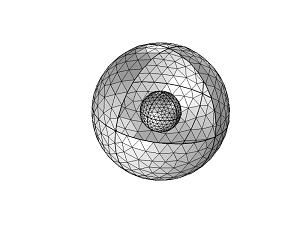
Computing View Factors with the Heat Transfer Module
Interested in computing geometrical view factors in COMSOL®? There are operators for postprocessing that correspond to the operators used to generate surface-to-surface equations. Learn more.

Rosetta and Philae: A Historic Landing on a Comet
In 2014, the spacecraft Philae, aboard the Rosetta, landed on a comet for the first time ever. We talk to 2 of the scientists involved in this project about what this means >>
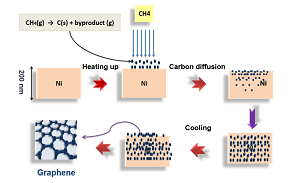
Synthesizing Graphene with Chemical Vapor Deposition
Chemical vapor deposition is an attractive method for producing graphene, an ultrastrong and light polymer material. Researchers from University of Arkansas used simulation to study this process.

Designing Electric Vehicles with Magnetic Cooling Technology
Researchers from the National Institute of Applied Science designed a magnetocaloric HVAC system for an electric vehicle using multiphysics simulation. Get the full story >>
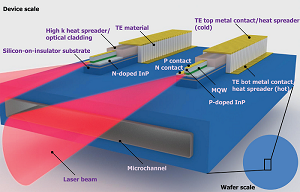
Green Energy Management for Communication Systems
Look inside a team at Bell Labs, the research arm of Alcatel-Lucent committed to designing technologies for significantly improving energy management for next-generation telecom products.
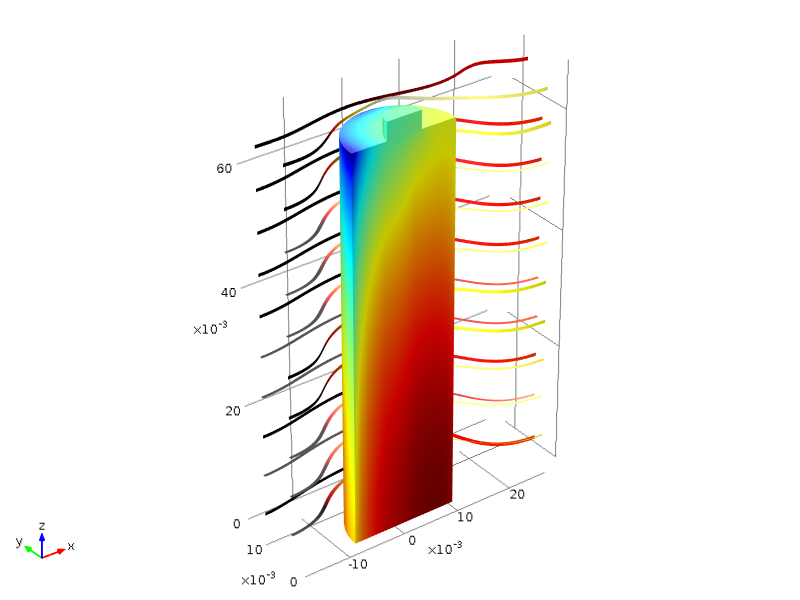
Accounting for Heat in the Design of Lithium-Ion Batteries
Heat transfer is an important phenomenon to consider when designing a lithium-ion battery. See how multiphysics simulation can help ensure a safe and efficient Li-ion battery design.
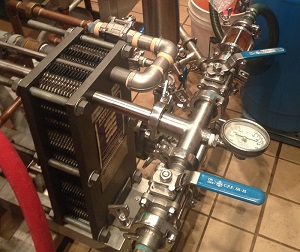
Improving the Beer Brewing Process with Simulation
Which side of home beer brewing are you more interested in: The culinary side, like the recipes and ingredients, or the engineering one, like the conjugate heat transfer and chemical reactions?

Thermal Contact Resistance Simulation
When 2 materials are in direct contact, thermal conductivity is determined by their properties, but surface roughness introduces air-filled gaps between the materials. How do you model this?
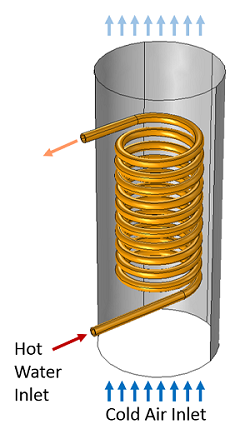
Modeling a Coil Heat Exchanger
Coil heat exchangers are simple and easy to manufacture — but what about modeling them? Adding expressions to compute the temperature drop between coil turns simplifies the modeling process.

Phase Change: Cooling and Solidification of Metal
Phase change: A transformation of material from one state of matter to another due to a change in temperature. Learn how to model phase change in a continuous casting process.
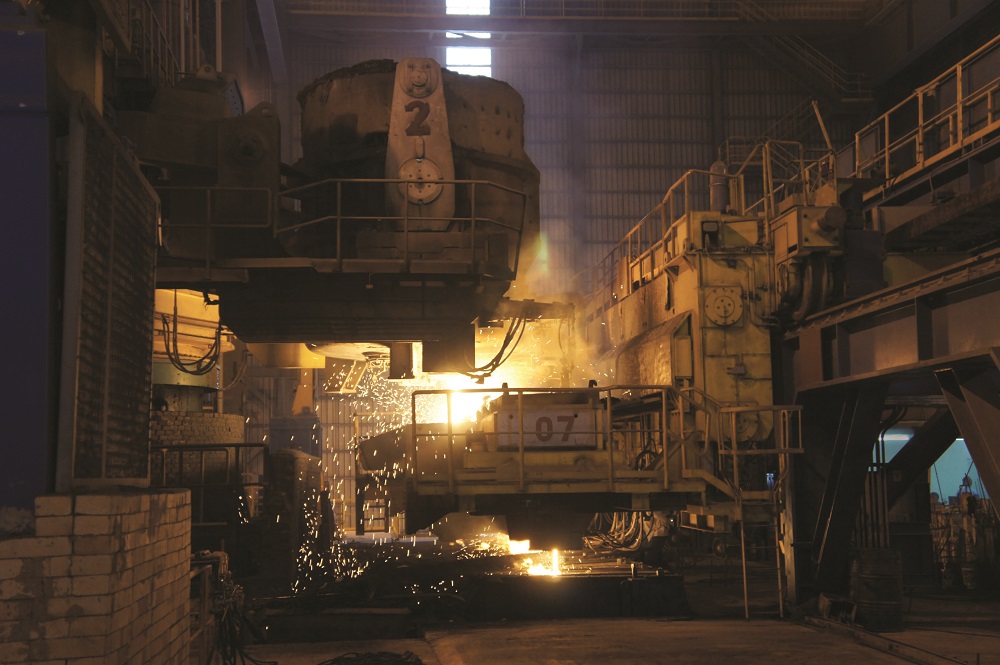
Optimizing the Continuous Casting Process with Simulation
To optimize the steelmaking process of continuous casting, researchers at SMS Concast turned to simulation. One result? A steelmaking plant in Taiwan reduced yearly CO2 emissions by ~40,000 tons.

Designing Fully Superconducting Rotating Machines
Researchers from the Department of Mechanical Engineering at the University of Houston used simulation to investigate the stress and heat distribution in superconducting rotating machines >>
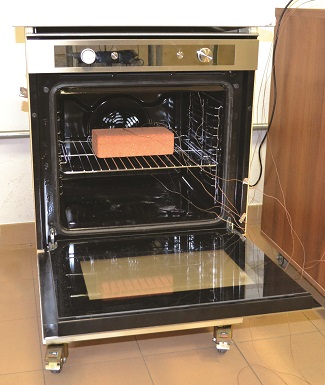
A Recipe for Success at Whirlpool Corporation
Engineers at Whirlpool Corporation and the GREENKITCHEN European green energy initiative project used multiphysics simulation to improve energy efficiency in kitchen appliances.
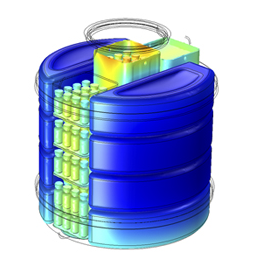
Portable Cordless Vaccine Storage Device
Their goal? To optimize the design of a passive vaccine storage device. Their tactic? Combining experimentation with the modeling of thermal and vacuum systems in COMSOL Multiphysics®.
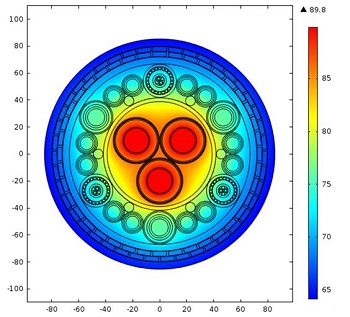
Cable Simulations Spark New Developments at Prysmian Group
The Prysmian Group, a leader in cable systems for many different industries, are using simulation to improve their development process, save resources, and optimize their cable designs.
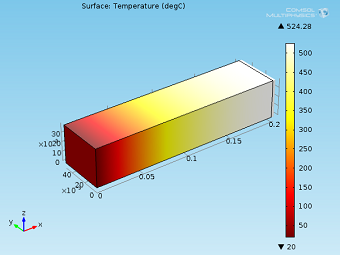
Heat Transfer in Deformed Solids
Learn how to model the physics that account for thermoelastic effects in immobile solids when coupling heat transfer and solid mechanics. Follow-up to an earlier post on conjugate heat transfer.
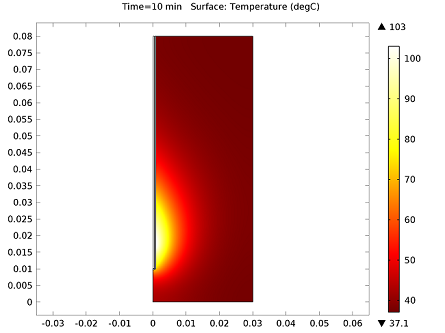
Hyperthermic Oncology: Hyperthermia for Cancer Treatment
Hyperthermic oncology: A type of cancer treatment in which high temperatures are used to destroy tumor cells. Learn about the physics behind this method and how simulation can be used to improve it.

Powerful Packaging for Electronics in Extreme Environments
U.S.-based Arkansas Power Electronics International is designing power packaging for improved thermal management in power electronics devices, increased efficiency, and lower costs.
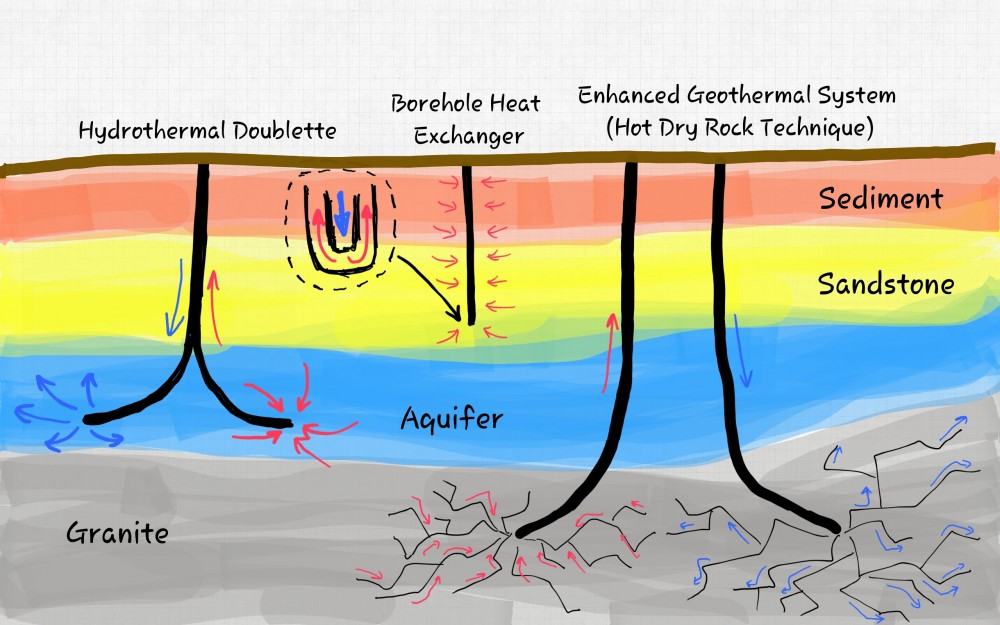
Modeling Geothermal Processes with COMSOL Software
Read Part 1 of our Geothermal Energy blog series here. You’ll get an introduction to the concept of modeling geothermal processes and the many physical phenomena involved.
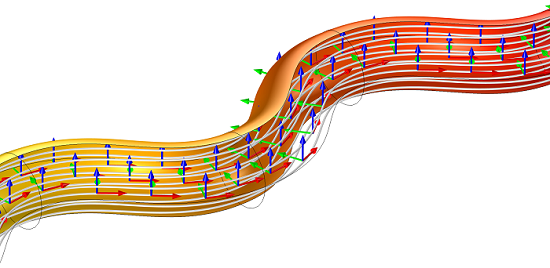
Defining Curvilinear Coordinates for Anisotropic Materials
Consider a carbon-fiber-reinforced polymer with woven fibers embedded in an epoxy matrix. How can you express the anisotropy by referring to the well-known Cartesian coordinate system?
